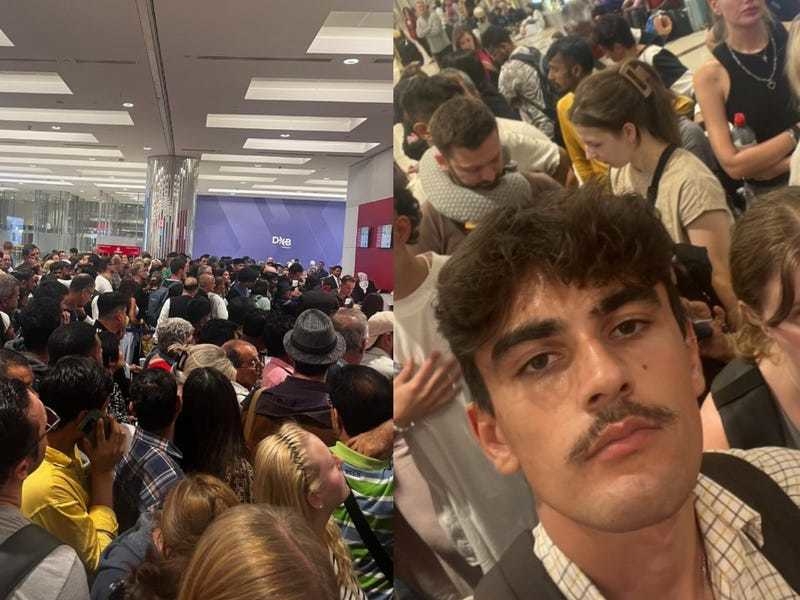Thousands of South Korean truckers are returning to work after voting to end a 16-day walkout that disrupted construction and other domestic industries.
The drivers went on strike on November 24 in a bid to seek financial protections as fuel prices rise.
The government took aggressive steps to minimise interruptions such as widening back-to-work orders on truckers and mobilising military vehicles to ease delays in industrial shipments.
Around 3,600 of the Cargo Truckers Solidarity union’s 26,000 members participated in Friday’s vote, and about 62% of them voted in favour of ending the strike and returning to work.
The union, which was striking to demand the government make permanent a minimum freight rate system that is set to expire at the end of 2022, said it will continue fighting for fare minimums it says are crucial for the drivers’ safety and financial stability in the face of rising fuel costs.

The order was first issued on some 2,500 cement truck drivers on November 29 in response to shipment delays at construction sites.
The impact of the strike was mostly limited to domestic industries and there had been no reports of meaningful disruption related to major export products like semiconductors.
While the minimum fares currently apply only to shipping containers and cement, the strikers are also calling for the expansion of benefits to other cargo, including oil and chemical tankers, steel and car carriers and package delivery trucks.
The government offered to expand the current scheme for another three years but has so far rejected calls to widen the scope of minimum rates.






